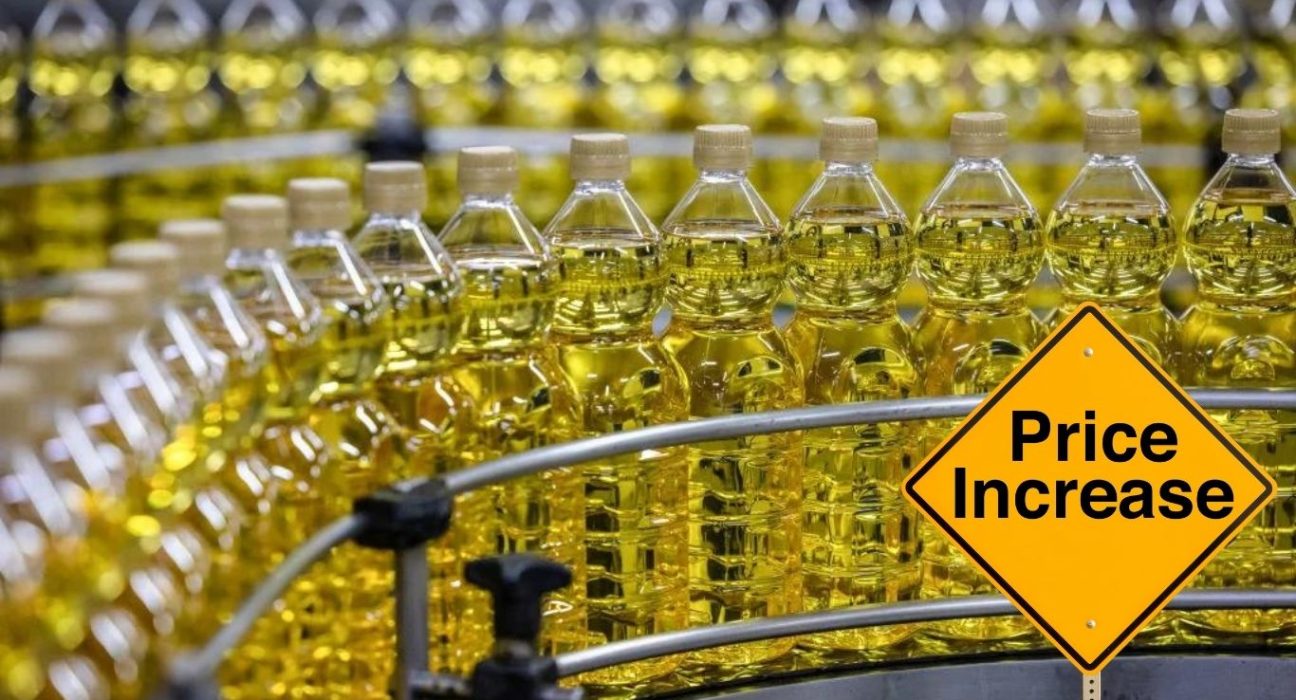Introduction:
Spain is the world’s largest producer of olive oil, and the ongoing drought in the country is likely to have a severe impact on its olive oil industry. According to estimates by the European Commission, Spain’s olive oil output is expected to be half of what it was the previous year. This will have significant implications for both the country’s economy and the global olive oil market.
Impact of Drought on Olive Oil Industry:
The drought has caused a significant decline in olive oil production in Spain, which has already led to an increase in prices. The lack of rainfall and high temperatures have resulted in a reduced yield of olives. As a result, olive farmers are facing financial losses and struggling to maintain their livelihoods.
The impact of the drought on Spain’s olive oil industry is also expected to have global consequences. Spain is responsible for producing around 40% of the world’s olive oil, and any significant decline in production is likely to affect the global supply chain. This could result in a rise in prices of olive oil in other countries as well.
Price Rise and Its Consequences:
The rise in prices of olive oil due to the drought is already being felt in Spain. The country’s olive oil prices have risen by around 30% compared to the previous year. This is expected to have a significant impact on the country’s economy as the olive oil industry is a crucial part of Spain’s agricultural sector.
The rise in prices of olive oil is also expected to affect consumers worldwide. The increase in prices will result in higher costs for businesses that use olive oil as an ingredient, such as restaurants and food manufacturers. This, in turn, could lead to a rise in the price of food products for consumers.
Measures Taken to Address the Situation:
To address the situation, the Spanish government has announced a package of measures to support olive farmers affected by the drought. The measures include financial assistance, tax exemptions, and loans to help farmers invest in new technology to increase their efficiency.
Apart from the government’s measures, the olive oil industry in Spain is also taking steps to address the situation. Many olive farmers are investing in new technologies and techniques to improve their efficiency and reduce water consumption. This includes using drip irrigation systems, which reduce water waste and increase crop yields.
Conclusion:
The ongoing drought in Spain has had a severe impact on the country’s olive oil industry, leading to a significant decline in production and a rise in prices. The situation is expected to have global consequences, as Spain is the world’s largest producer of olive oil. While the government and the industry are taking measures to address the situation, it will take time for the industry to recover. In the meantime, consumers and businesses worldwide may have to bear the brunt of higher prices.










